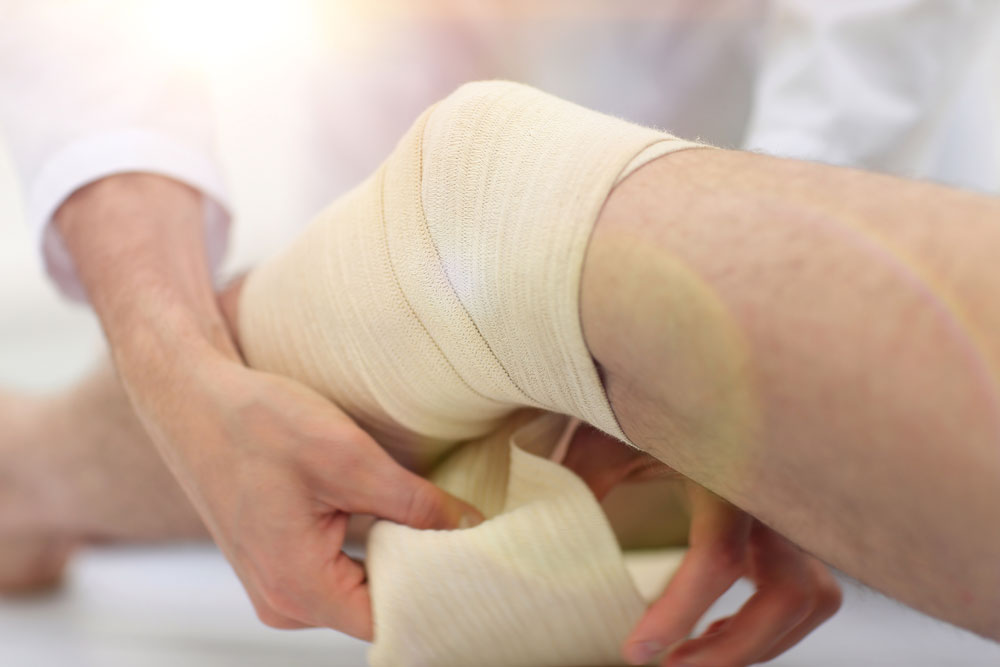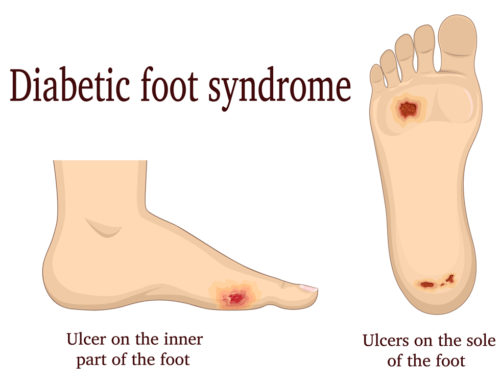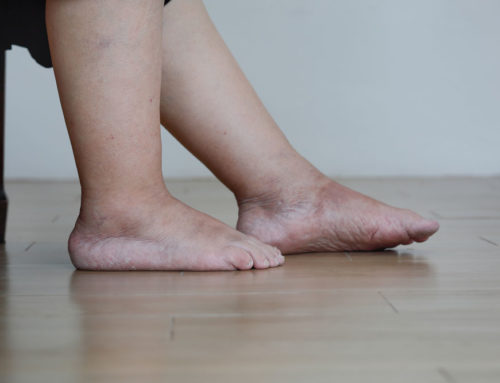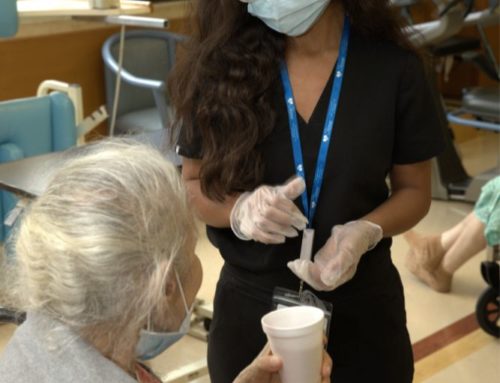How To Speed Up Wound Healing
After surgery, which can be painful and traumatic, your top priority is obviously quick healing of the wound. Getting plenty of rest, following your doctor’s advice and drinking plenty of liquids are the first necessary steps for recovery.
Post-surgery therapy needs to be gentle but comprehensive, and well-planned to suit the patient’s individual circumstances. Wound care by professionals is vital to avoid infection and keep the wound area moist and at the right temperature. The wound care management plan will include when, and how often, nurses change any dressings or bandages.
Fairview Rehab & Nursing Home in Queens NY for adults and seniors has lots of experience in wound care management. Our professional team know how to help you recover after surgery. They know all the tips and tricks to speed up the wound healing process.

How can wounds heal faster?
Wounds heal faster when patients follow doctors’ orders and the right medical back-up is in place. A warm and friendly setting helps put the patient at ease. Stress and anxiety are renowned as obstacles to well-being and good health. There is also evidence that a healthy sleeping routine aids recovery. At the same time, it’s important to protect the wound area and reduce the risk of it being hit or knocked.
How do you speed up open wound healing?
- Eating a healthy diet, with plenty of cereals, fruit and vegetables, will help you recover more quickly after surgery. Proteins, for example from meat, fish, nuts and beans, as well as Vitamins A and C, and zinc are valuable. Good nutrition can actually speed up the healing of an open wound.
- Regular physical exercise can help the healing process. Exercise increases the flow of blood around the body, including to the area of the wound. This can help reduce inflammation and speed up healing. However, it’s best to get advice on which kind of exercise is best for you, and never over-exert yourself.
- Stop smoking! Cigarette smoke contains toxic substances and smoking reduces the flow of oxygen to the blood, slowing the wound-healing process. There is also some evidence to suggest that smoking may increase the risk of infection, which may jeopardize fast wound healing.
- Avoid heavy drinking, which reduces the levels of white blood cells and proteins important for recovery.
- Any wound, including a surgical incision, raises the risk of you getting an infection. Always follow your doctor’s pre-surgery and post-operation advice. For instance, if your doctor prescribes antibiotics before surgery, be sure to follow the whole course. Likewise, a doctor may recommend cleansing the surgical site for some days prior to surgery as a preventative measure.
More about wound care for fast healing
Keeping the wound clean and dressed will be the job of your professional care team if you choose to be in a nursing home and/or rehab center. However, you can do your bit to assist by not removing the dressing or tampering with it. If you have any concerns talk to your nurses and/or doctor. Let them know if you are feeling cold, as warm temperatures promote healing.
Wound dehiscence is when the wound remains open and fails to close. This can be caused by infection but can be aggravated by sudden movements like coughing, sneezing or vomiting. Obese patients can be at greater risk of this condition.
Talk to your care team if you have concerns, as closer monitoring and further surgery may be required. Proper wound care after surgery is the best way to prevent complications like dehiscence and speed up wound healing.
This article contains informational and educational materials and does not replace health or medical advice. For questions or concerns regarding your medical condition or health objectives, speak to a qualified physician or healthcare provider.






It’s good to know that a healthy diet can help your wounds heal faster. My mom needs to have surgery next month, and I will be taking care of her post-op. I’ll be sure to feed her healthy and nutritious meals.